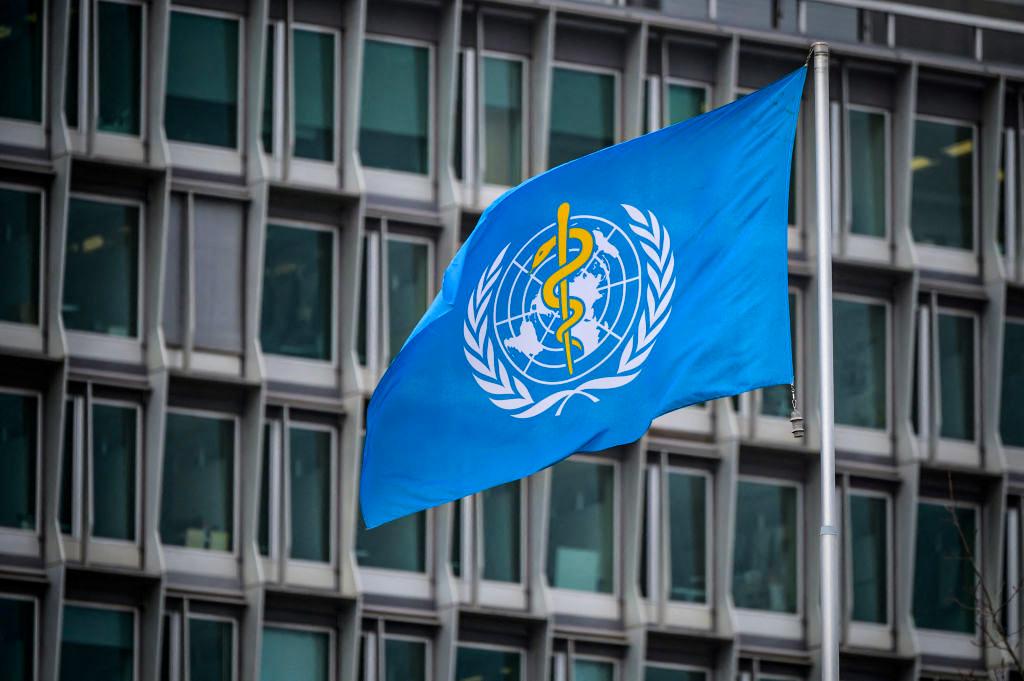Opposition from African delegates to the 75th World Health Assembly (WHA) in Geneva, Switzerland, has forced hours of informal dickering on possible revisions to President Joe Biden’s proposals to grant new powers to the World Health Organization (WHO) to deal with viral pandemics.
As previously reported by The Epoch Times, Biden’s 13 proposed amendments to the UN’s International Health Regulations (IHR) that govern WHO operations grant broad new powers to Director-General Tedros Adhanhom Ghebreysus, a former Ethiopian government minister who has been in the role since 2017.





